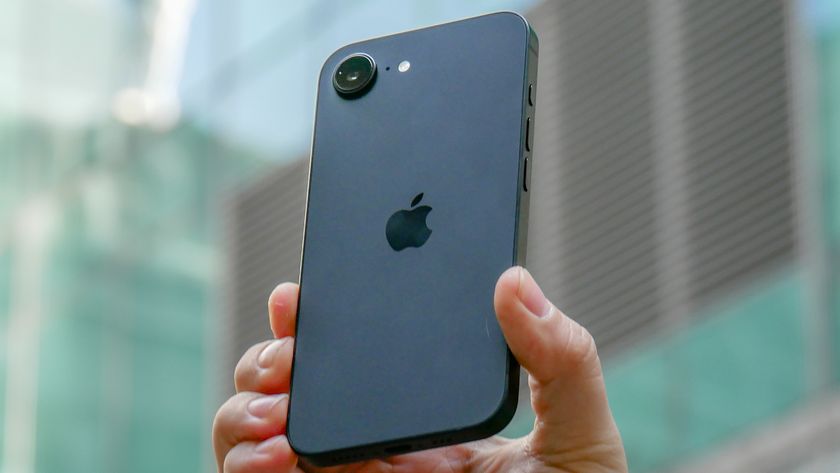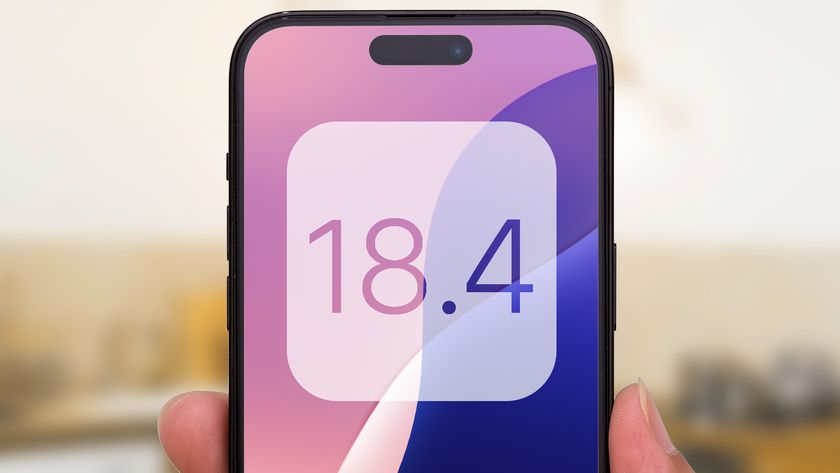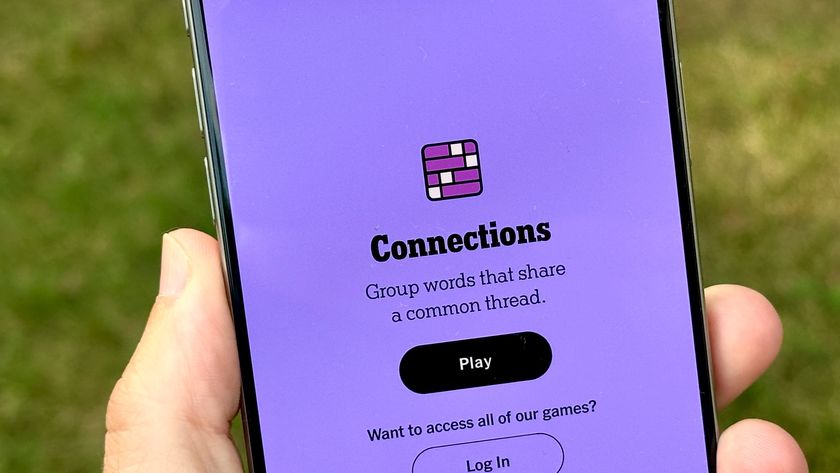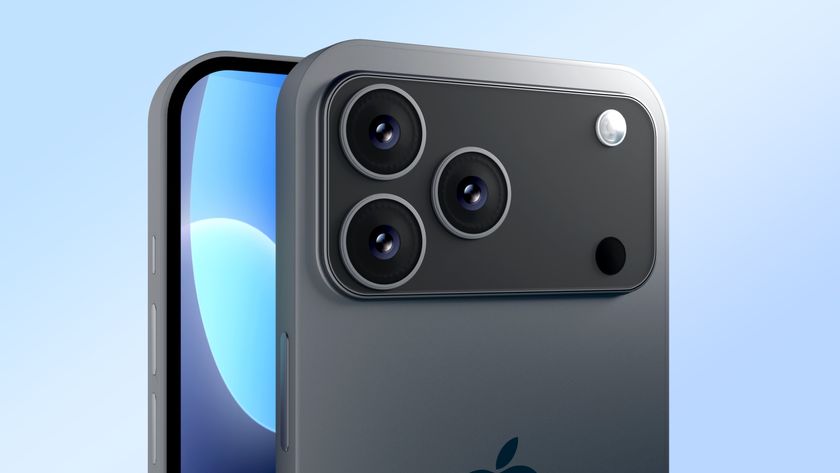iPhone 12 as fast as a MacBook Pro? The A14 could make it possible
It's all down to the world's first 5-nanometer chip

You can always count on a new iPhone being faster and more powerful than the one that came before it. However, 2020 looks to be a landmark year for Apple's handsets where performance is concerned, because many expect the A14 Bionic processor powering the iPhone 12 to be the world's first 5-nanometer system-on-chip.
That's not necessarily a revelation in and of itself; we've heard rumblings that Apple is eyeing 5nm since last fall. However, MacWorld's Jason Cross has put that spec into context, explaining what the new manufacturing process will mean for upcoming iPhones.
In short, it's probably going to be a powerhouse — not just compared to upcoming Android flagships, which will utilize the 7nm Snapdragon 865, but perhaps even Apple's own MacBook Pro.
"This is a big upgrade," Cross writes. "The 5nm mode is not a half-step by any stretch, but it is the next 'full node' after 7nm ... [Apple's chip supplier] TSMC says it delivers 80 percent more logic density and can run either 15 percent faster at the same power as its 7nm chips, or 30 percent lower power at the same performance level."
Based on TSMC's projections, the A14 could pack as many as 15 billion transistors. That far exceeds the count in the vast majority of consumer CPUs and GPUs, Cross says, and that alone should elicit an 8% advantage over the A13 in terms of single-core Geekbench 5 performance.
If you then factor in increased clock speeds of the silicon's multiple cores and more efficient planning around the chip's architecture, Cross theorizes the A14 will deliver a 200- to 300-point performance bump. That would fall in line with the generational improvements Apple has made over the last three years to its A-series hardware.
But it's the multi-core Geekbench 5 performance that will be the true indicator of the A14's strengths. Cross is predicting a score between the 4,500 and 5,000 mark, which would place the A14 in the iPhone 12 in the company of "6-core mainstream desktop CPUs or high-end laptop CPUs," hence the MacBook Pro comparison.
Sign up to get the BEST of Tom's Guide direct to your inbox.
Get instant access to breaking news, the hottest reviews, great deals and helpful tips.
Typically, Geekbench is a poor indicator of cross-platform performance, but Primate Labs, the company that makes Geekbench, says this latest version has been "designed from the ground up" for exactly these kinds of comparisons — so take that for what you will.
Moving on, the jump to LPDDR5 RAM should speed things up as well while drawing less power from the phone's battery. Cross notes that the nature of LPDDR5 RAM also makes it more likely that Apple will opt to pack its next-gen iPhones with 6GB of memory, rather than 4GB like in the current models, which should assist background processes and multitasking in general.
You should go read Cross' story for the full insights. While the projections are nice, we'll still need to wait for more rumors and hard details about the A14 to really know where it stands. However, this report has certainly ignited our imagination about the capabilities of Apple's next mobile processor.
Adam Ismail is a staff writer at Jalopnik and previously worked on Tom's Guide covering smartphones, car tech and gaming. His love for all things mobile began with the original Motorola Droid; since then he’s owned a variety of Android and iOS-powered handsets, refusing to stay loyal to one platform. His work has also appeared on Digital Trends and GTPlanet. When he’s not fiddling with the latest devices, he’s at an indie pop show, recording a podcast or playing Sega Dreamcast.












